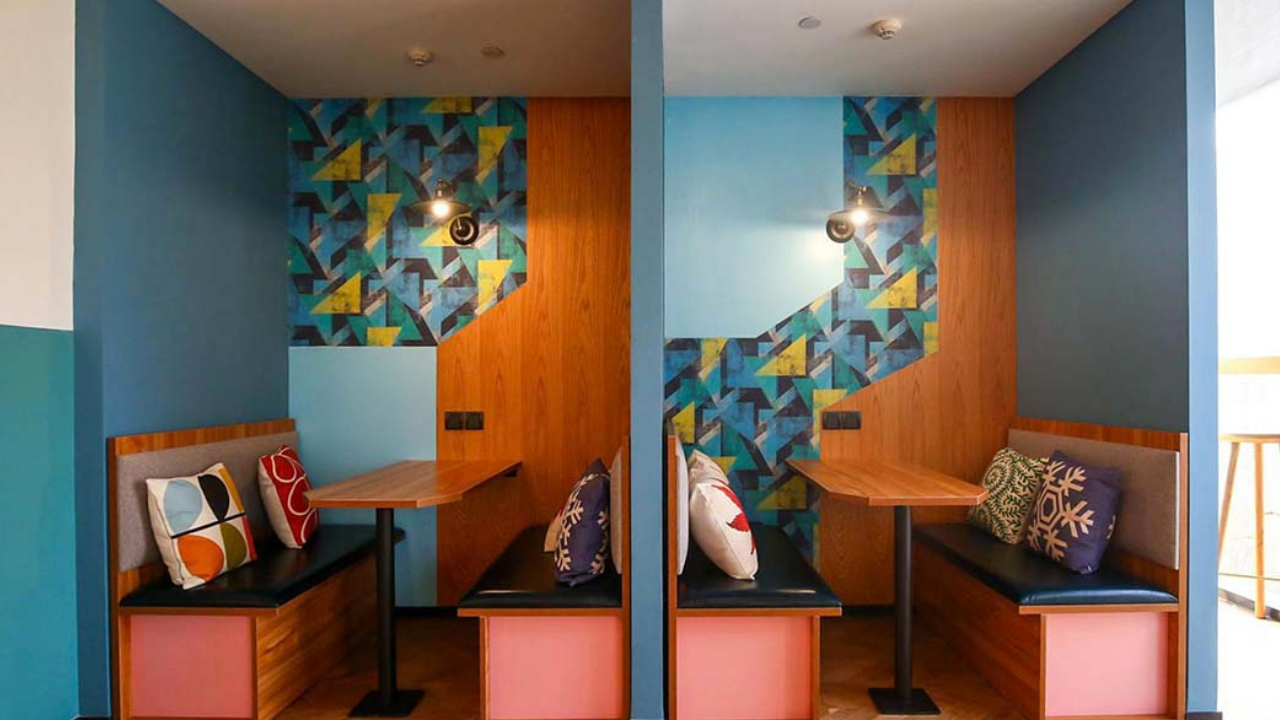Prior to the pandemic, coworking was one of the most promising sectors in the commercial real estate industry. With entrepreneurial communities growing globally and technology startups flocking to these shared spaces, it seemed like the sector was unstoppable.
Then the lockdowns happened, and seemingly overnight, these once bustling buildings became deserted.
Several coworking firms have now reported a drastic dip in business. For instance, Bengaluru-based BHive Workspace CEO Shesh Palikar said the company has seen only 60% of its original revenue.
“The immediate disruptions were observed in the form of client exits, non-renewals, and delayed payments,” a spokesperson at the Indian Workspace Association said. “This has caused contractual occupancy of the industry to fall between 40-50% of what we saw in pre-COVID-19 times.”
Smaller coworking firms are at high risk of closing for good, which could lead to 3.2 million square feet of unoccupied space in the country according to Knight Frank India.
However, some experts are confident that smaller operators could survive depending on the company’s business model.
Aditya Verma, founder of The Office Pass (TOP), said that he believes coworking firms should look into broadening their client base beyond startups in order to secure business if their smaller users have to walk away from their coworking leases.














